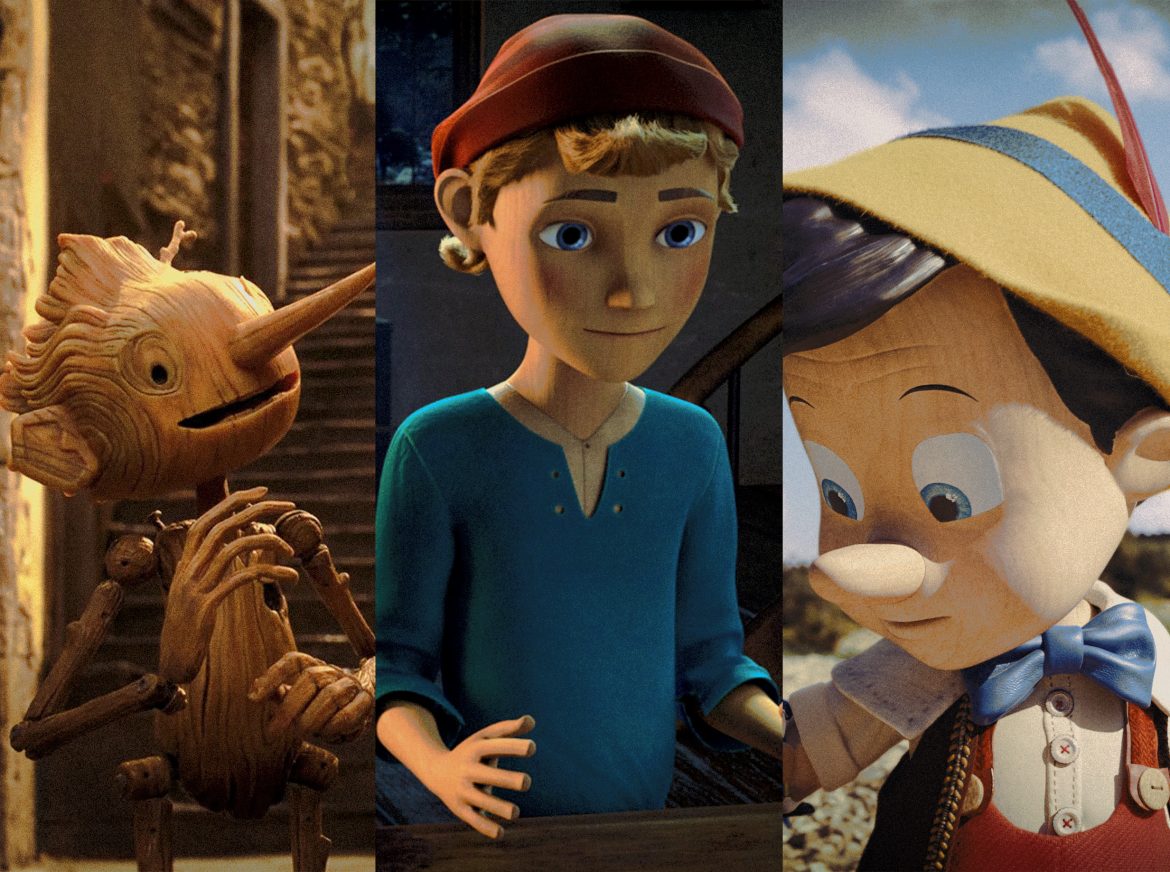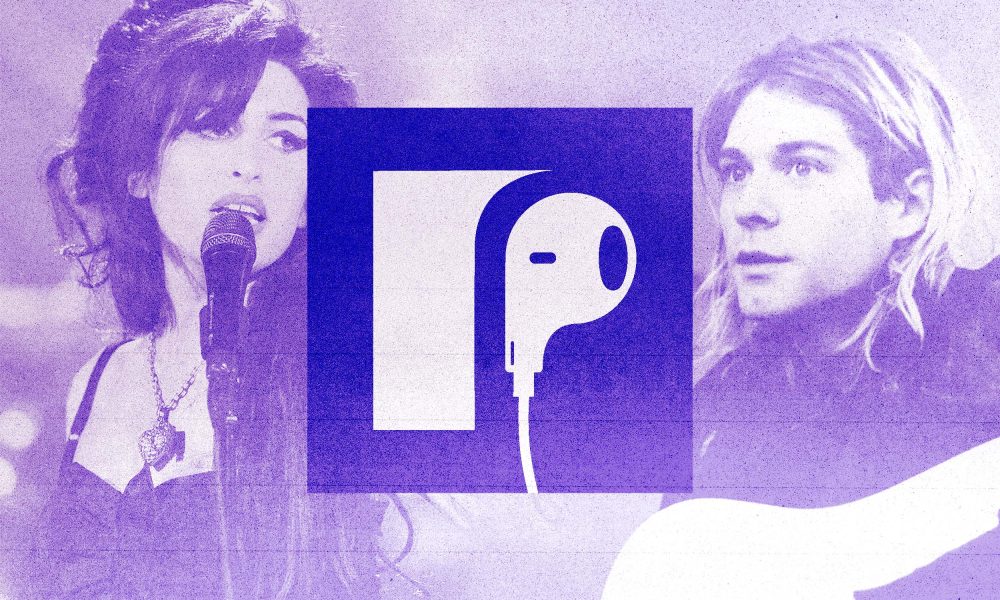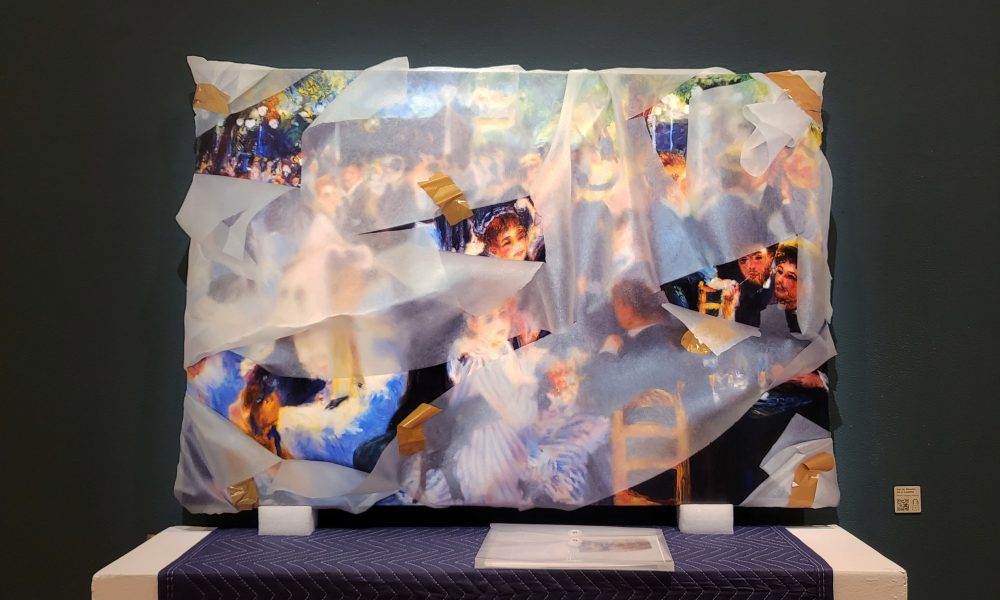With the growing popularity of superhero blockbusters and endless Star Wars sequels and spinoffs, the palate of the average moviegoer is drenched with the overwhelming taste of Disney’s media monopoly. The overextended reach that Disney has on the entertainment industry is a dark and foreboding omen for the film industry as originality slowly fades away from the mainstream. While this isn’t to say independent films and projects away from the Disney brand are not getting the attention they deserve, the fact still remains that the vast majority of moviegoers’ attention is shifted towards the brand they recognize rather than something new.
Pinocchio has revealed itself to be the next piece of intellectual property to fall victim to the remake treatment. However, this is proving to be an extra special case with three separate adaptations in the same year.
While Disney’s first live-action effort, 1996’s 101 Dalmatians, was not a complete financial success, it would still pave the way for a number of future live-action remakes. This trend, seen today with the newly refurbished Pinocchio, is a sickening example of Hollywood’s obsession with nostalgia and repackaging as the industry further devolves into an overwhelming array of sequels and remakes. Since the aforementioned 101 Dalmatians release, Disney has continued to release remakes of their catalog in an effort to familiarize new audiences with their iconic characters made famous by the animated pictures of the past decades. Since Cinderella’s live-action release in 2015, Disney has made billions off their remakes alone, further proving how lucrative this kind of recycled content can be. As of today, the 2019 adaptation of Disney’s The Lion King is the fourth highest grossing film in the studio’s repertoire, raking in over $1.6 billion worldwide despite a painfully average critical reception.
After traversing their vast catalog for ideas, Disney is using Pinocchio as its next feature to exploit for fast and easy billions, despite a story that most, if not all, people are familiar with. While Pinocchio has been a storybook since 1883, the most famous version of the story is the Disney animated film from 1940 — it currently holds an impressive 100% on Rotten Tomatoes. Because of how revered the original Pinocchio is, it’s no surprise that Disney would want to give this story a fresh coat of paint. With a star-studded cast — including Tom Hanks as the inventor Geppetto and Cynthia Erivo as the Blue Fairy — Disney’s Pinocchio remake, on the surface, looks to be a fine adaptation. However, critics say otherwise, as the film currently holds an abysmal 27% on Rotten Tomatoes — laughable compared to the original animation’s aforementioned score. Furthermore, Disney’s Pinocchio isn’t the only — or even the first — adaptation of this timeless story to be released this year.
Lionsgate’s adaptation from earlier this year, Pinocchio: A True Story, is a surreal fever dream of a movie. The film follows the titular Pinocchio as he longs to become a real boy after falling in love with a fellow circus performer. Pinocchio: A True Story was met with varying levels of confusion and hilarity from internet users when the first trailers and clips were released in the United States. The dodgy animation and even dodgier voice acting from Pauly Shore made some believe the whole project was a joke. Audiences soon discovered the film was originally a Russian cartoon transferred over to the States and dubbed over in English. The cast consisted of only five people, including the aforementioned Pauly Shore as Pinocchio and SpongeBob SquarePants’ own Tom Kenny lending his voice for Geppetto.
Pinocchio: A True Story found new life on TikTok as the internet’s punching bag in late January. The trailers were made fun of for weeks — the line, “Father, when can I leave to be on my own?” echoed through social media. TikTok users dubbed the film “the yassification of Pinocchio” thanks to Shore’s high-pitched and awkward voice acting. With internet memes spreading like wildfire, it became harder and harder to take the movie seriously. After releasing theatrically in Russia and straight-to-video in the United States, many viewers were left confused by the film. After the attention the movie was getting had died down the internet was left with one burning question: why did this happen?
Because the story of Pinocchio is in the public domain, it is perfectly possible and legal for any filmmaker to make a movie featuring the puppet. With this in mind, Pinocchio: A True Story is a clear example of a Russian film company looking to make a few dollars off of the Pinocchio name. The main plot is drastically different from the original — comparing the quality of this and the 1940 Disney cartoon is a bigger joke than any of the actual comedic bits in the movie. The sad reality of this endeavor is that it’s actually working. The fame and notoriety A True Story garnered kept the internet talking for weeks.
The release of Pinocchio: A True Story obviously didn’t intimidate Disney at all. Their new version of the singing puppet and his cricket companion released on Sept. 8 to coincide with their “Disney Plus Day” celebrations. After being panned by critics and Disney fans alike, it’s clear now that Disney’s remake philosophy has a few cracks. The very fact that Disney opted for a straight to streaming release instead of a theatrical opening shows the lack of faith they had in Pinocchio and possibly their future remakes. As of late, Disney has taken to releasing smaller films on Disney Plus, possibly as a means of cutting costs.
After the dust settled with Disney’s and Lionsgate’s iterations of Pinocchio, you might think that there couldn’t possibly be anything left to say about the puppet who wants to be a real boy. Guillermo Del Toro, however, is going to prove you wrong. His new rendition of the singing puppet is coming to Netflix later this year.
This adaptation will be stop motion, demonstrating how much care and thought Del Toro is dedicating to his version, especially compared to his counterparts. This feature is shaping up to be much more dramatic than Pinocchio: A True Story — the trailer is very reminiscent of other stop-motion films like Coraline and James and the Giant Peach. Del Toro’s Pinocchio will also be a musical and feature a cast of A-list actors including Tilda Swinton, Ron Pearlman, and Ewan McGregor as this film’s Jiminy Cricket.
With three films releasing all in the same year, it is a confusing time to be a fan of this special wooden puppet. In addition to the mass of confused and uninformed Google searches for “Pinocchio 2022” that will inevitably be coming shortly, there is a glaring problem with the entertainment industry that must be addressed. How is it possible that three movies of the same name are all being released in the same year and no one seems to care? Has creativity in the industry simply hit a plateau or is this “Pinocchio Problem” just a convoluted coincidence? Despite these burning questions, it remains to be seen if the countless remakes and reimaginings are warranted or simply destined to be forgotten, sitting at the bottom of the $5 bargain bin at Walmart.
When thinking about Disney, plenty of newer characters and stories, like Frozen and Moana, come to mind. This is what I, and I imagine many, many others, have come to associate Disney with in the past few years. Their most recent animated originals have been commercial and critical successes to say the least. The cultural impact of Frozen’s landmark song, “Let it Go,” alone cannot and should not be understated. With this in mind, the main question is why? Why does Disney — and why do other major studios — continue to cling to their comfort zones instead of reaching out for new stories?
Is it potentially the audience’s fault? Although Disney’s newer films like Zootopia have certainly not been ‘unsuccessful,’ Zootopia’s box office earnings of $1 billion are dwarfed by Disney’s live action Lion King remake, which raked in nearly $1.6 billion worldwide. Even Frozen’s $1.3 billion falls hundreds of millions of dollars short of Lion King’s financial success.
Despite who the blame is directed to, it is clear that this problem is not going anywhere anytime soon. Many large studios, Disney in particular, have fallen into a routine that is being enabled by billions of dollars from moviegoers: copy, paste, repeat. If audiences are really tired of the remake market, they have to tell corporations with their wallets. Next time you go to the theater, ask yourself: am I helping end the wash-rinse-repeat cycle, or am I funding it?




Comments are closed.